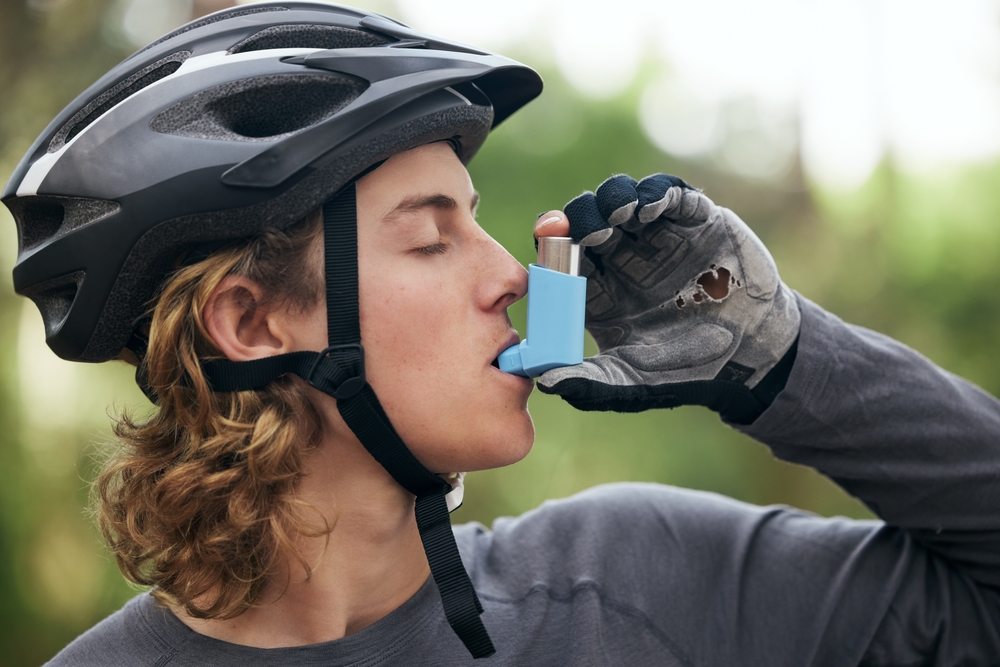Dupilumab demonstrated significant efficacy in reducing moderate or severe exacerbations of chronic obstructive pulmonary disease (COPD) in phase 3 trials. The BOREAS and NOTUS trials, involving 1,874 participants across 38 countries, showed that dupilumab, added to standard triple therapy, reduced the annualized rate of exacerbations compared to placebo. The trials focused on patients with type 2 inflammation and elevated eosinophil levels. Dupilumab reduced exacerbations by 31% and extended the time to the first severe exacerbation, though there was no significant reduction in severe exacerbations.
Dupilumab’s approval is the first biologic treatment for COPD in the United States, indicated as an add-on therapy for adults with inadequately controlled COPD and type 2 inflammation. The trials included smokers aged 40 to 85 years with moderate to severe COPD and eosinophil counts of 300 cells/μL or more. These findings suggest dupilumab as a promising new option for patients with COPD, though more research is needed to assess its efficacy in specific subgroups, including under-represented ethnic groups and COPD phenotypes.
Reference: Johnson V. Dupilumab Reduced COPD Exacerbations Compared to Placebo. HCPLive. Updated February 25, 2025. Accessed March 18, 2025. https://www.hcplive.com/view/dupilumab-reduced-copd-exacerbations-compared-placebo
Link: https://www.hcplive.com/view/dupilumab-reduced-copd-exacerbations-compared-placebo









